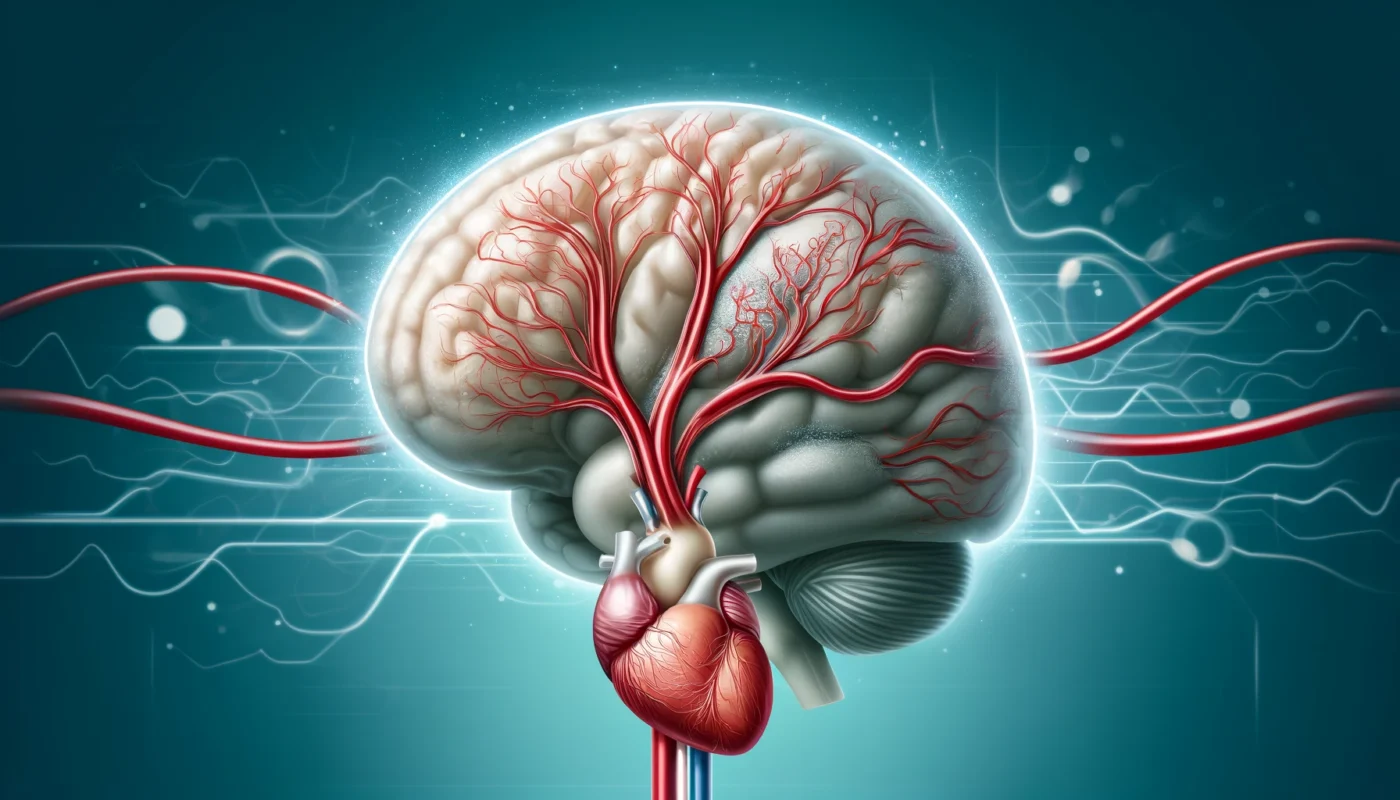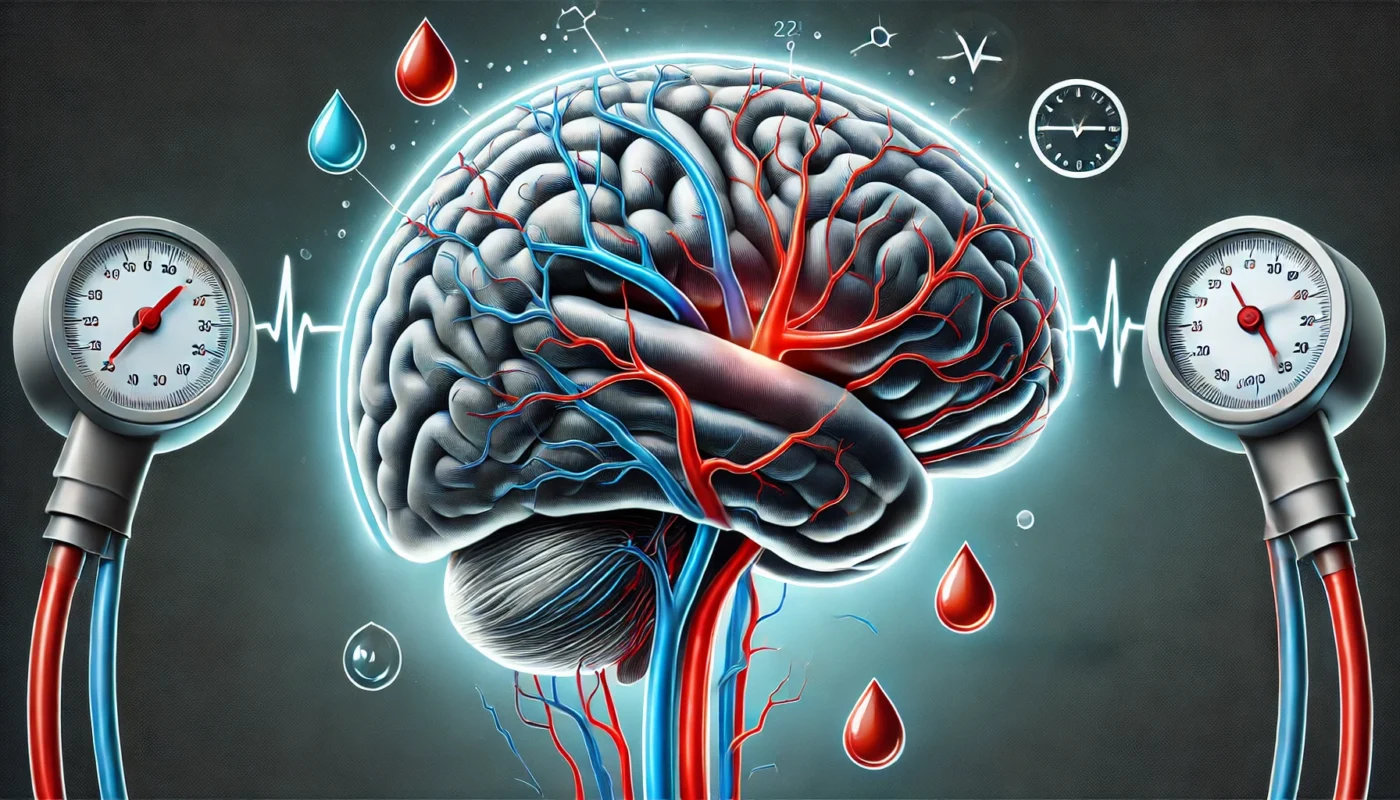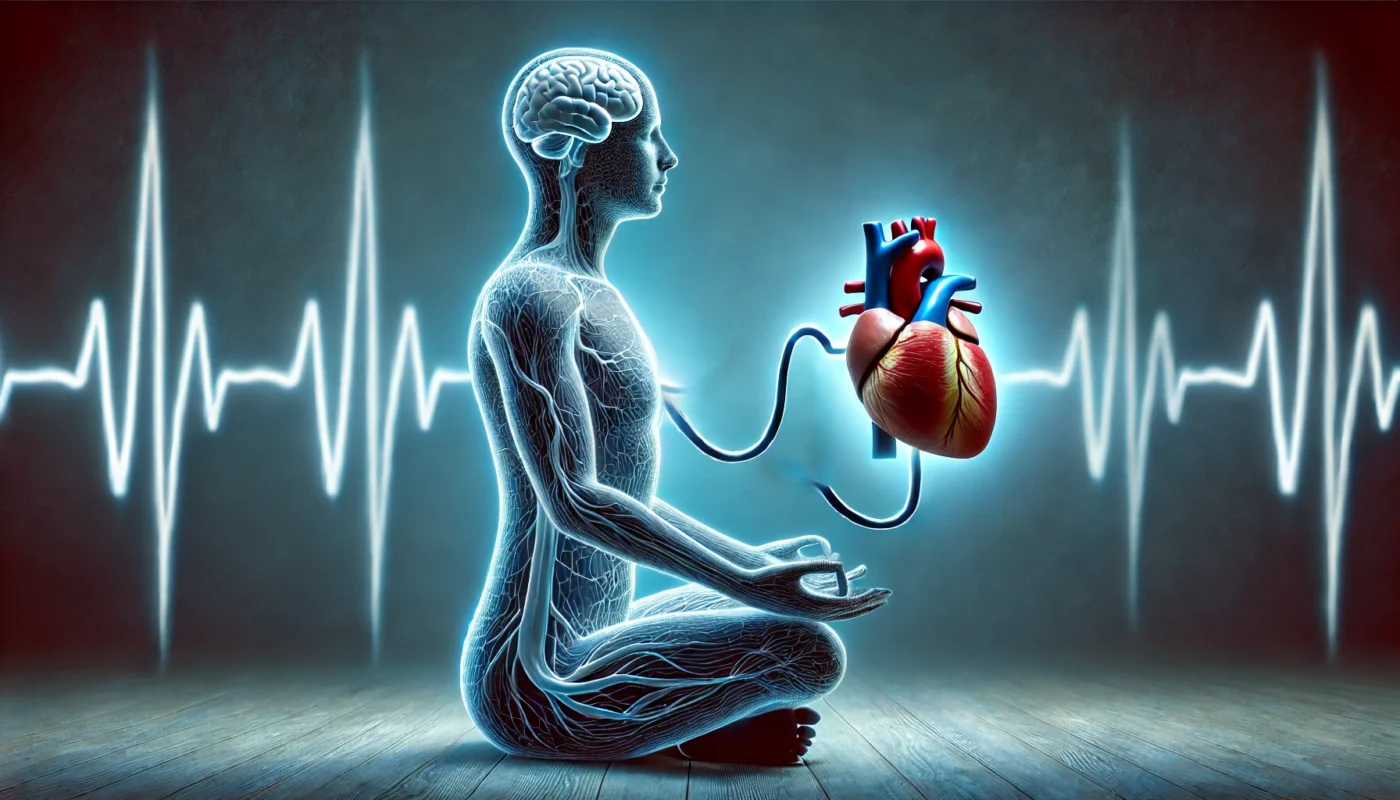Hypertension, or high blood pressure, is a global health epidemic, affecting nearly 1.28 billion adults worldwide according to the World Health Organization (WHO). It is a leading cause of cardiovascular disease, stroke, and kidney failure, yet its connections to other health issues, particularly cancer, are often overlooked. Emerging research highlights a potential link between hypertension and an increased risk of cancer, prompting questions about shared mechanisms and causative factors. This article delves into the overlapping pathways between hypertension and cancer, the evidence supporting their connection, and what this means for prevention and treatment strategies.
Tag Archives: Holistic Health
Hypertension, or high blood pressure, is one of the most prevalent chronic health conditions, affecting nearly half of adults globally, according to the World Health Organization (WHO). Often called the “silent killer” due to its lack of symptoms, hypertension is a major risk factor for cardiovascular diseases, stroke, and kidney failure. However, its effects on brain health, specifically cognitive decline, are less well-known but equally concerning. Research increasingly points to the significant role hypertension plays in accelerating cognitive impairments, contributing to conditions such as vascular dementia and Alzheimer’s disease. This article explores the connection between hypertension and cognitive decline, the mechanisms driving this relationship, and innovative treatments that may mitigate the long-term effects of high blood pressure on the brain.
Hypertension, or high blood pressure, is a pervasive health concern affecting nearly half of adults worldwide, according to the World Health Organization (WHO). While it is well-known as a leading cause of cardiovascular diseases, strokes, and kidney failure, many people are unaware of the link between hypertension and sleep apnea. Obstructive sleep apnea (OSA), a condition marked by repeated interruptions in breathing during sleep, has been strongly associated with persistent and difficult-to-treat high blood pressure. Fortunately, treating sleep apnea with specialized devices, such as continuous positive airway pressure (CPAP) machines, can significantly improve sleep quality and lower blood pressure levels, ultimately reducing cardiovascular risks. This article explores the relationship between sleep apnea and hypertension, the mechanisms behind their connection, and how sleep apnea devices can play a vital role in managing high blood pressure.
Hypertension, or high blood pressure, affects nearly half of the global adult population, according to the World Health Organization (WHO). While it is widely known as a leading cause of heart disease, stroke, and kidney failure, its connection to mental health often remains underexplored. Emerging research highlights a bidirectional relationship between hypertension and psychological well-being, where high blood pressure influences mental health, and mental health challenges, in turn, exacerbate hypertension. This article explores the hidden impact of hypertension on mental health, the underlying mechanisms driving this relationship, and strategies to manage both conditions effectively.
Hypertension, or high blood pressure, is one of the most common chronic health conditions globally, affecting nearly half of all adults. It is a leading risk factor for cardiovascular disease, stroke, and kidney failure, making its management a priority for millions. While medications and lifestyle changes like diet and exercise are well-documented interventions, alternative approaches such as mindfulness and meditation have gained increasing attention as tools for lowering blood pressure. This article critically reviews the science behind meditation and its role in hypertension management, exploring the evidence, mechanisms, and practical implications for integrating meditation into a comprehensive treatment plan.
Hypertension, or high blood pressure, affects nearly half of adults worldwide, as reported by the World Health Organization (WHO). While its effects on cardiovascular health are well-known, the impact of hypertension on cognitive function often goes unrecognized. Mounting evidence indicates that prolonged high blood pressure can lead to significant cognitive decline, affecting memory, decision-making, and overall brain health. This article serves as a guide to understanding the relationship between hypertension and cognitive function, identifying warning signs, and adopting strategies to address and mitigate cognitive decline.
Hypertension, or high blood pressure, affects millions of individuals worldwide, posing significant risks to heart health, stroke, and kidney function. While factors such as diet, physical activity, and genetics contribute to hypertension, stress is a major but often underestimated player in its progression. Stress activates the body’s fight-or-flight response, triggering a cascade of physiological changes, including increased heart rate, blood vessel constriction, and elevated blood pressure. Chronic stress can keep these systems in overdrive, contributing to sustained hypertension. Behavioral psychology offers effective strategies for managing stress and its effects on blood pressure. This article explores the connection between hypertension and stress and provides practical, evidence-based techniques to reduce stress and support heart health.
Hypertension, or high blood pressure, is a chronic condition that affects nearly half of adults worldwide and is a leading risk factor for cardiovascular diseases, stroke, and kidney failure. While its causes are multifaceted, the impact of stress on blood pressure has been widely acknowledged. Emotional resilience—the ability to adapt and recover from stress and adversity—has emerged as a powerful tool in managing hypertension. By cultivating emotional strength, individuals can mitigate stress-related blood pressure spikes and improve their overall heart health. This article explores the connection between emotional resilience and hypertension, the physiological mechanisms involved, and practical strategies to enhance resilience and protect against hypertension.
Hypertension, or high blood pressure, is one of the most prevalent chronic health conditions worldwide, affecting nearly half of the adult population. A leading contributor to cardiovascular disease, stroke, and kidney failure, hypertension is often exacerbated by stress and poor lifestyle choices. While medications and physical activity are commonly prescribed to manage high blood pressure, emerging research highlights the potential of mindfulness practices, including journaling, as a complementary approach to reduce stress, lower your blood pressure, and improve overall health. This article delves into the science behind journaling and its potential impact on blood pressure, exploring how self-reflection can become a valuable tool in hypertension management.
Hypertension, or high blood pressure, is a leading risk factor for cardiovascular disease, affecting nearly one in three adults worldwide. As a silent condition that often progresses without symptoms, hypertension poses significant health risks if left unmanaged. While medications and lifestyle modifications remain the cornerstone of hypertension prevention and management, yoga has emerged as a powerful complementary practice. Yoga combines physical postures, breathing exercises, and mindfulness techniques that can reduce stress, enhance relaxation, and improve vascular health. This article explores how yoga practices may help in preventing hypertension, the mechanisms behind its benefits, and how individuals can integrate yoga into their daily lives for long-term cardiovascular health.










